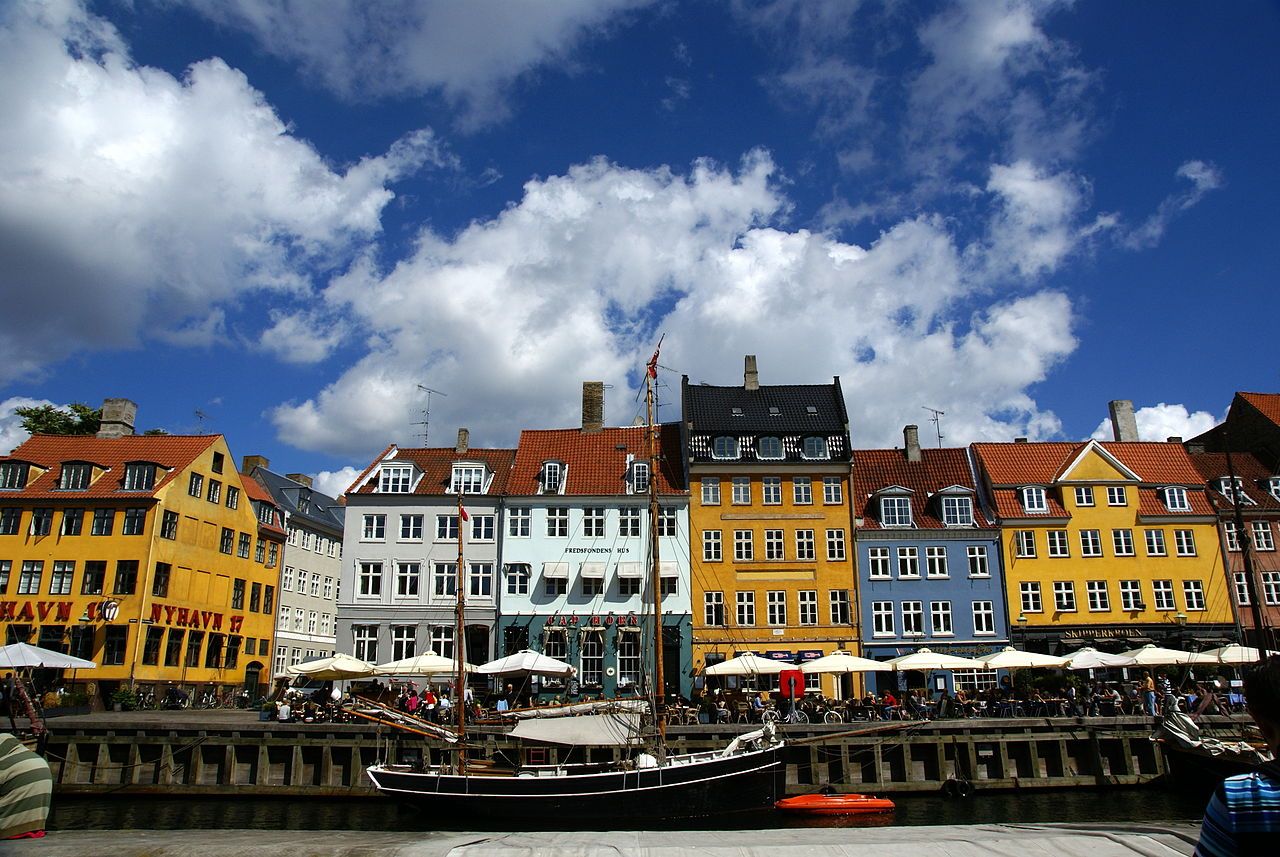Copenhagen remains among the world’s most expensive cities for expats, but the Danish capital is down five places compared to last year.
The annual Cost of Living Survey by US professional services firm Mercer listed Copenhagen as the 25th priciest city for international employees in 2020, down from 20th place last year.
This year’s survey ranks 209 cities across five continents, measuring the comparative cost of housing, transportation, food, clothing, household goods and entertainment. It is designed to help multinationals and governments determine compensation for expats.
Hong Kong tops list
While the survey did not explain the change in Copenhagen’s ranking in particular, Mercer said it measured local currencies against the US dollar. The survey was conducted in March, but Mercer did more analysis on the availability of goods in April and May due to the Coronavirus Crisis.
Hong Kong is still the world’s most expensive city for expats – mainly because of steep housing prices. Ashgabat, Turkmenistan’s capital, is in second place after a shortage of currency and imported goods drove up prices in recent years.
Tokyo and Zurich remain in third and fourth place respectively. Singapore is down two places this year in fifth spot, while New York City ranked sixth, moving up from ninth place.
Swiss cities top EU
In Europe, the three most expensive cities are in Switzerland: Zurich (4), Bern (8) and Geneva (9). European cities Paris (50), Milan (47) and Frankfurt (76) dropped in this year’s ranking.
Brexit did not affect local currency and three UK cities had higher rankings this year. London (19), Birmingham (129) and Belfast (149) were up four, six and nine places respectively.
With the Coronavirus Crisis, Mercer said sudden changes to exchange rates impact on the global economy. It added that this volatility affects expats in ways such as when they are paid in home country currency and when they need to exchange funds in the host country for local purchases.














